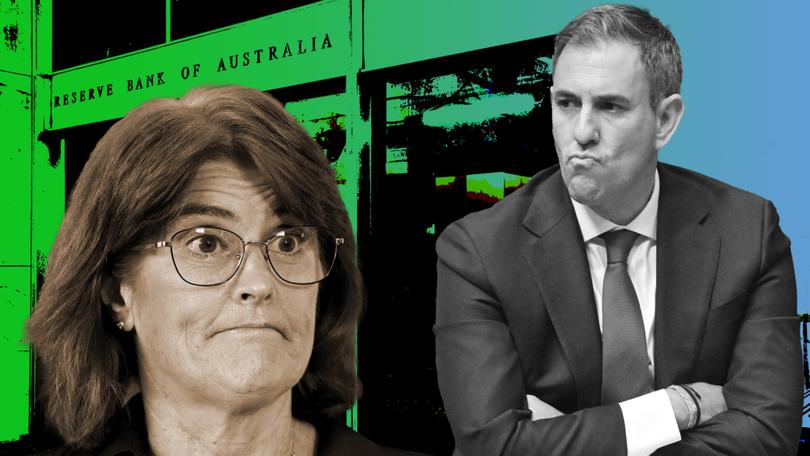Australia’s jobless rate steady at 4.1 per cent in October as new growth slows
It’s not great news for borrowers.

Australia’s unemployment rate held steady for the third-straight month at 4.1 per cent in October, but new jobs growth has slowed.
About 16,000 Australians found work in the month, according to Australian Bureau of Statistics data released on Thursday.
Analysts at bank HSBC and money manager VanEck declared the figures would make the Reserve Bank less likely to lower interest rates. NAB punted back their prediction of rate relief from February to May.
Sign up to The Nightly's newsletters.
Get the first look at the digital newspaper, curated daily stories and breaking headlines delivered to your inbox.
By continuing you agree to our Terms and Privacy Policy.The numbers “paint the picture of a robust jobs market,” VanEck portfolio manager Cameron McCormack said.
“These data points give the RBA little reason to pull forward its rate easing timeline,” he said.
“The strength in the labour market continues to exert upward pressure on already elevated services inflation, which hinders the progress of inflation reducing to the RBA’s target 2 to 3 per cent range.”
AMP economist My Bui viewed the below-expectations jobs growth as underwhelming; while Westpac said that was a “normalisation” after a string of strong results.
At 0.1 per cent, employment growth was the slowest in recent months, ABS head of labour statistics Bjorn Jarvis said.
“This was lower than each of the previous six months, when employment rose by an average of 0.3 per cent per month,” he said.
Treasurer Jim Chalmers talked up strong job creation and falling inflation so far this year after the data was released, ahead of a Federal Election due next year likely to be centred on the economy.
But he said there were signs of softening amid global uncertainty, cost of living pressure and higher interest rates.
“While our labour market has remained resilient to date and helps us confront these challenges from a position of strength, it is softening around the edges with more modest employment growth last month,” he said.
“We recognise people are under the pump and more than recognise it, we’re doing something about it.
“Our focus is on easing the cost of living, getting more people into work and helping Australians earn more and keep more of what they earn, and we’re making good progress.”
Last month’s jobs data had showed the market booming despite the slow national economy, with about 430,000 roles created in the year to September.
The powerhouse performance has been a top focus for the Reserve Bank.
Governor Michele Bullock last week highlighted the strong labour market and hot inflation in services among the reasons her board would not rule out a hike.
But she said Australians would not be “tossed out of their jobs” as the market eases — instead predicting employment would grow slower than the workforce.
The latest jobs data comes after fresh figures on Wednesday showed Australian wages growth slowed to 3.5 per cent for the year to September. The pace fell from 4.1 per cent in the 12 months to June.
Yet wages were still faster than inflation, meaning purchasing power was recovering for workers.
Markets overnight tipped just a 12 per cent chance of rate relief at the RBA’s December meeting.
